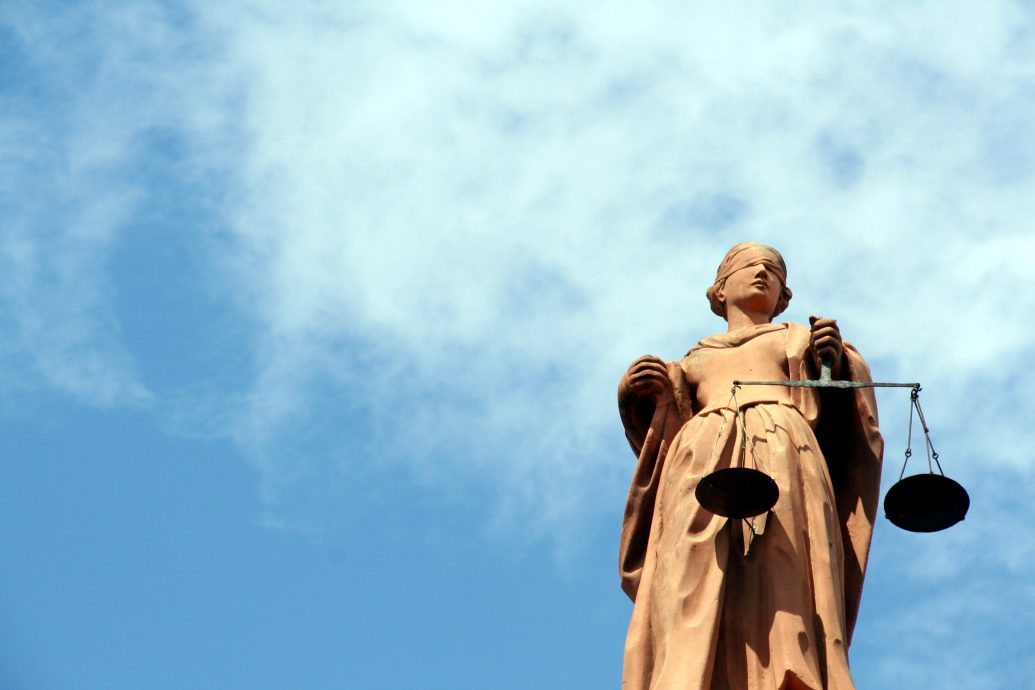It will prove difficult for law schools to evade the colorblindness mandated by the decision. And that is a good thing for legal education.
The Pro Bono Docket and the Legal Blowhards Who Exploit It: Part I
In insular legal culture—law schools, lawyers, law firms, bar associations, the judiciary, and the various industry publications that cater to them—few beliefs are as ingrained and unquestioned as the benefits of pro bono work. Yet few topics are as poorly understood and, at the same time, go so thoroughly unexamined. Pro bono is shorthand for “pro bono publico,” a Latin phrase meaning “for the public good.” In common usage, “pro bono” has come to mean any legal work performed without charge, usually for indigents. That may be how the concept began, and what many people assume is still the case, but it has morphed into a much bigger and more amorphous—and controversial—enterprise, largely without notice. It is well past time to ask Qui bono? Or, “who benefits?”
Some of the “pro bono” work performed by large law firms and law school clinics undeniably assists non-profit organizations and low-income people with routine legal problems (such as adoptive families, domestic violence victims, and veterans seeking benefits). However, much of pro bono litigation amounts to advocacy of leftist causes, such as fighting voter ID laws, challenging immigration restrictions, promoting prisoners’ rights and the LGBT agenda, opposing capital punishment, and reforming—via judicial edict—public education, foster care, and other government-run services.
There is nothing wrong with such progressive activism, so long as it does not masquerade as benefiting the public, particularly when the goal is to raise taxes or prevent the enforcement of—or even to overturn altogether—democratically-enacted laws. The “public,” to be honest, is not the clientele for most pro bono work; currently fashionable “victim groups” are.
Heather Mac Donald attempted to start a serious conversation on the subject of pro bono nearly 20 years ago, in a provocative City Journal article entitled “What Good is Pro Bono?” Mac Donald traced the evolution of “public interest” legal services from colonial times to the present, charging that:
The nation’s massive culture change during the 1960s brought into currency a radically different philosophy of helping the poor, one that entailed a novel use of the courts. Once converted to the new view, the legal profession became among its most fervent evangelists…. Starting in the 1970s, the ABA and local bar associations began furiously cranking out position papers on pro bono work and revising relevant codes of professional responsibility to further the bar’s involvement in the advocacy agenda.
Surveying the activist mischief many large law firms regularly engage in as “pro bono,” Mac Donald concluded that “many lawyers [believe] they are specifically fitted to improve society by creating new rights that a heartless majority refuses to recognize. The pro bono docket exemplifies this newfound hubris. Its failure to bring about any visible improvement should inspire humility.” Unfortunately, it appears that Mac Donald’s broadside failed to prompt the legal profession to reevaluate its commitment to activist “pro bono” litigation, as the trend she noted in 2000 continues to accelerate.
But Mac Donald was not alone in her skepticism about the benefits of what lawyers piously call “pro bono.” In 2008, then-Chief Judge Dennis Jacobs of the U.S. Court of Appeals for the Second Circuit (who was a partner at the prestigious firm Simpson Thacher & Bartlett before being appointed to the federal bench by President George H.W. Bush) delivered an address to a Federalist Society audience entitled “Pro Bono for Fun and Profit.” Jacobs’ remarks were, if anything, even more biting than Mac Donald’s critique. Jacobs called into question the fundamental premise of most pro bono work—i.e., that it is in the public’s interest at all.
Jacobs’ comments bear quoting at length:
[M]uch of what we call legal work for the public interest is essentially self-serving: Lawyers use public interest litigation to promote their own agendas, social and political—and (on a wider plane) to promote the power and the role of the legal profession itself. Lawyers and firms use pro bono litigation for training and experience. Big law firms use public interest litigation to assist their recruiting—to confer glamor on their work, and to give solace to overworked law associates…. Much public interest litigation, often accurately classified as impact litigation, is purely political, and transcends the interest of the named plaintiffs, who are not clients in any ordinary sense.
Jacobs was just warming up. He continued:
Representation of the public interest is high moral ground, the best location in town; so everyone struggles to occupy that space. The field is crowded: the activists and public interest lawyers, the professors and law school clinics, and the pro bono cadres in the law firms. They’re in competition with government lawyers, and they often overwhelm government counsel with superior resources. But their standing to speak for the public is self-conferred, nothing more than a pretension. As a group, they (of course) do both good and harm. But, unlike public officials, they never have to take responsibility for the outcomes—intended and unintended—of the policy choices they work to impose in the courts. (Emphasis added.)
Jacobs explained the “conspiracy of silence” within the legal profession that characterizes the topic of pro bono:
It is very rare for anyone to question the usefulness of public interest lawyering…. [Y]ou will hear no criticism of public interest litigation or impact litigation at the bar associations, and I submit that is for essentially the same reason. When matters of public importance are brought within the ambit of the court system, lawyers as well as judges are empowered. True, we have an adversary system, but the adversary system is staffed on every side by lawyers. There is a neutral judge, but judges are lawyers too; and it is hard for a judge to avoid an insidious bias in favor of assuming that all things important need to be contested by the workings of the legal profession, and decided by the judiciary.
Jacobs concluded:
Great harm can be done when the legal profession uses pro bono litigation to promote political ends and to advance the interests and powers of the legal profession and the judicial branch of our governments. Constitutionally necessary principles are eroded: the requirement of a case or controversy; the requirement of standing. Democracy itself is impaired: The people are distanced from their government; the priorities people vote for are re-ordered; the fisc is opened. These things are done by judges who are unelected (or designated in arcane ways), at the behest of a tiny group of ferociously active lawyers making arguments that the public (being busy about the other needs of family and work) cannot be expected to study or understand.
Predictably, the Left attacked Jacobs for his heretical remarks. Writing in the National Law Journal, liberal legal scholar Erwin Chemerinsky condemned Jacobs, stating that he “should be ashamed of himself” for calling pro bono “self-serving” and “anti-social.” As they say, if you’re not drawing flack, you’re not over the target. Legal reformers such as Overlawyered.com’s Walter Olson came to Jacobs’ defense, but the upshot of the exchange was to place pro bono off-limits from criticism in polite society. And so, for the past decade, scarcely an unkind word has been uttered about pro bono work, at least within the legal community.
I recently endeavored to correct that in an article on my blog, Misrule of Law, entitled “White Shoe Social Justice Warriors: The Pro Bono Racket.” In a subsequent post I will delve into some often-overlooked aspects of pro bono: who is promoting it, how it is defined, and the underlying ideological agenda.
This essay continues here.


